Horizon /
Les Petits Lutins


ADDRESS
Near Kamenka Green and Wilson Way
Canmore, AB

SCHEDULE AND AGE GROUP
Monday to Thursday
7am to 5pm
This daycare welcomes children 0 to 5 years old

FOOD
The parent may choose to either provide the snacks and lunch* of their child or else pay an additional fee for the dayhome to provide 2 snacks and a lunch.
*Meals and snacks must not contain nuts or peanuts.
Our Space
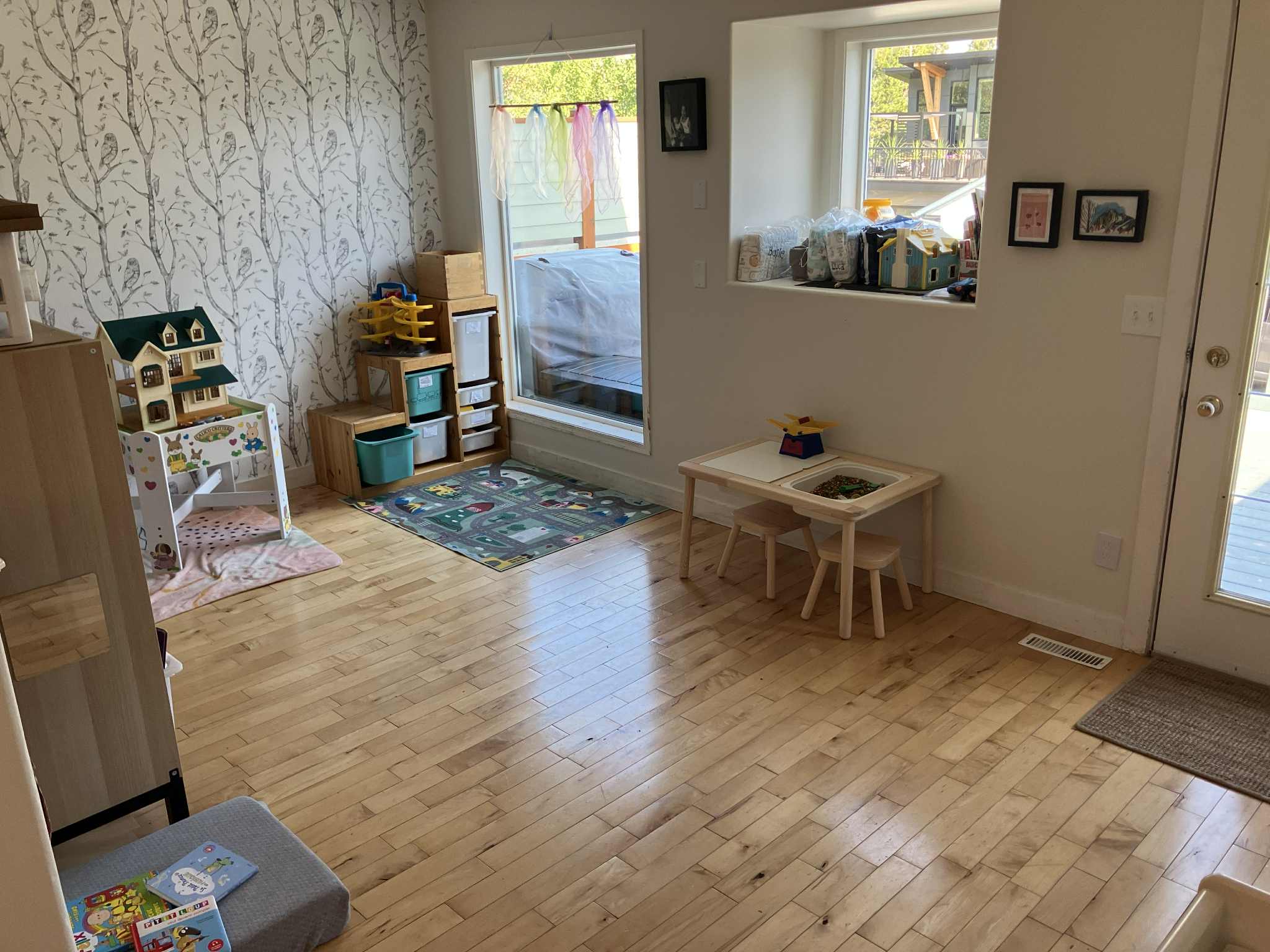
Sub Heading
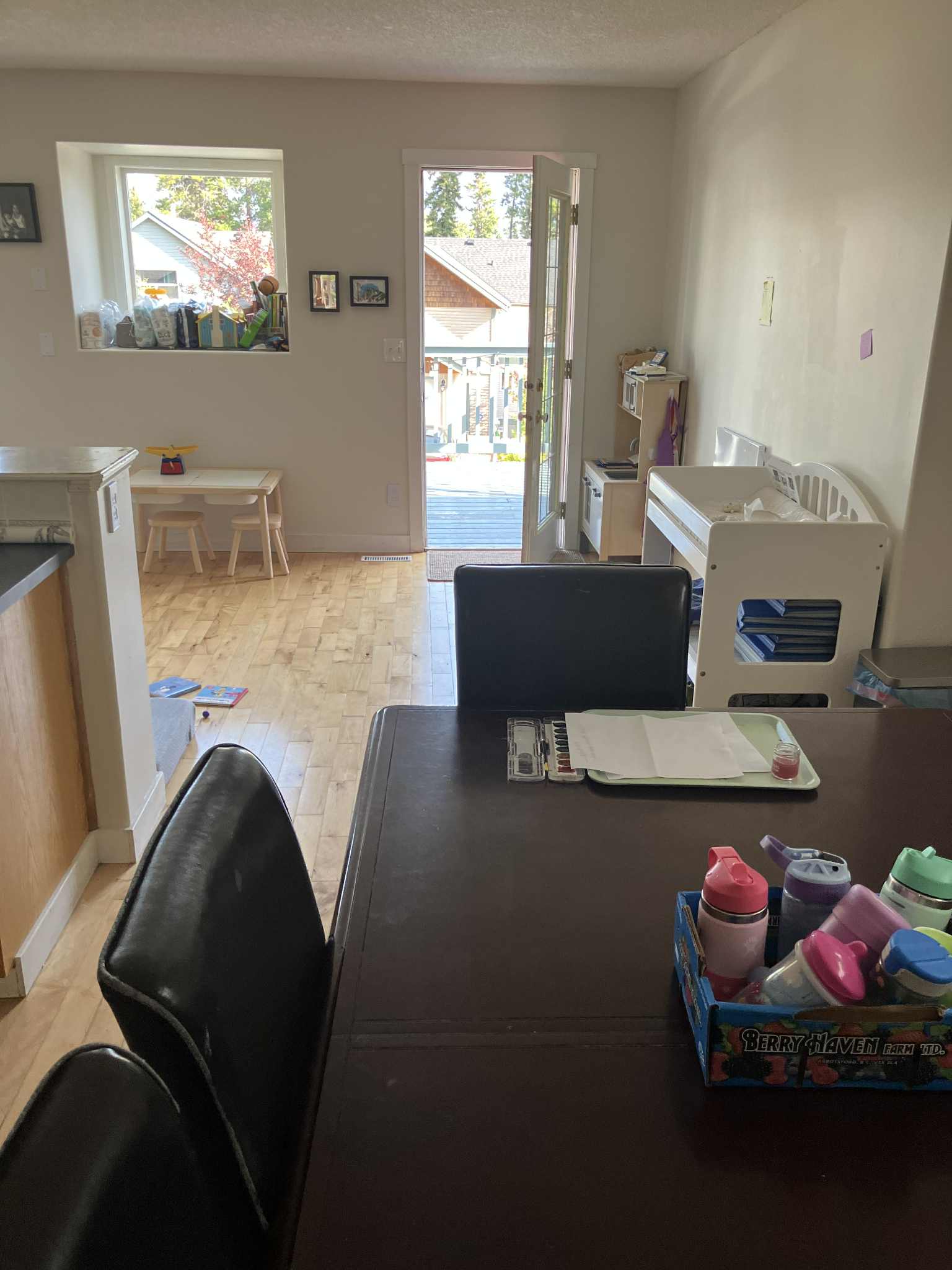
Sub Heading
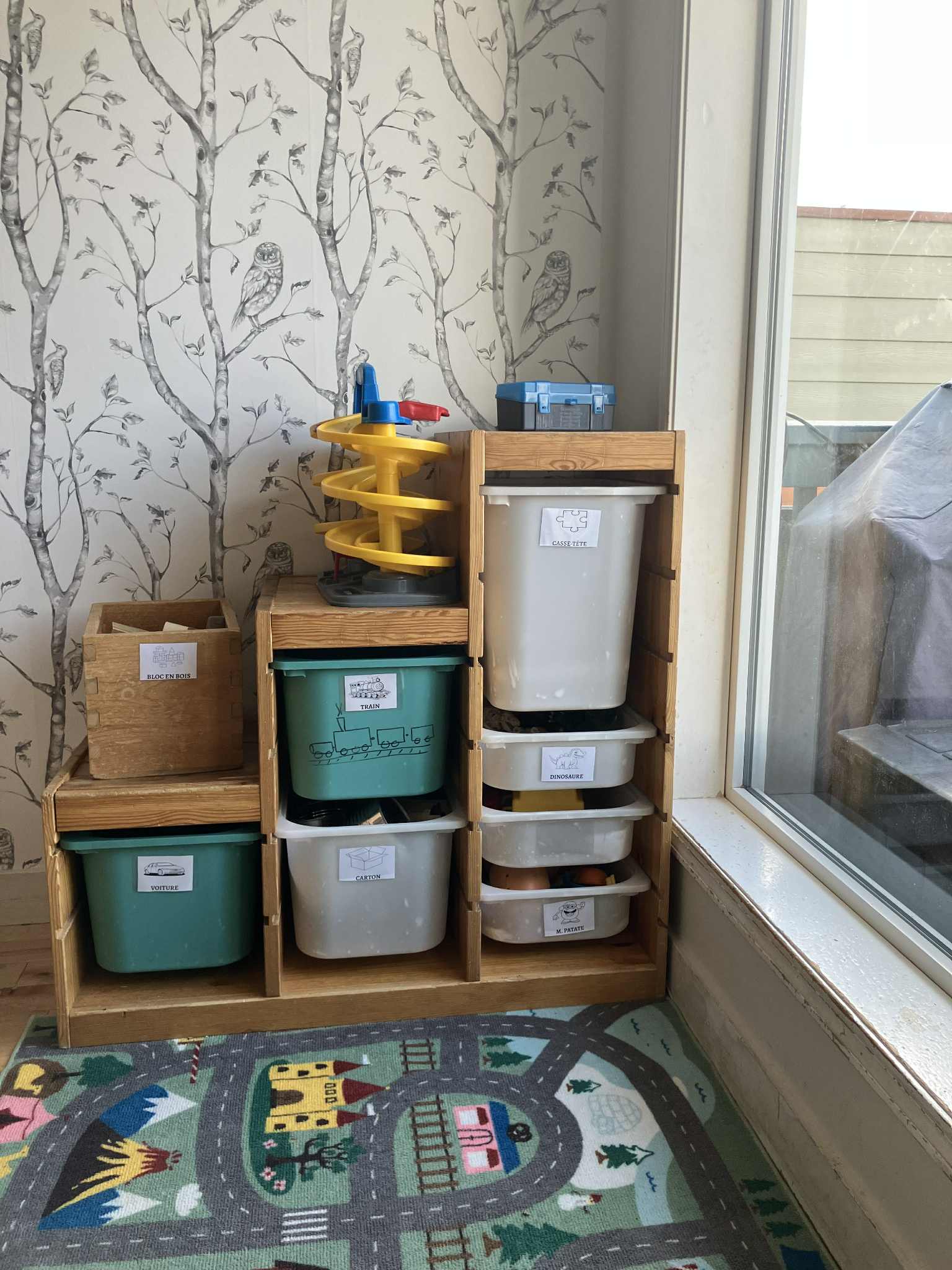
Sub Heading
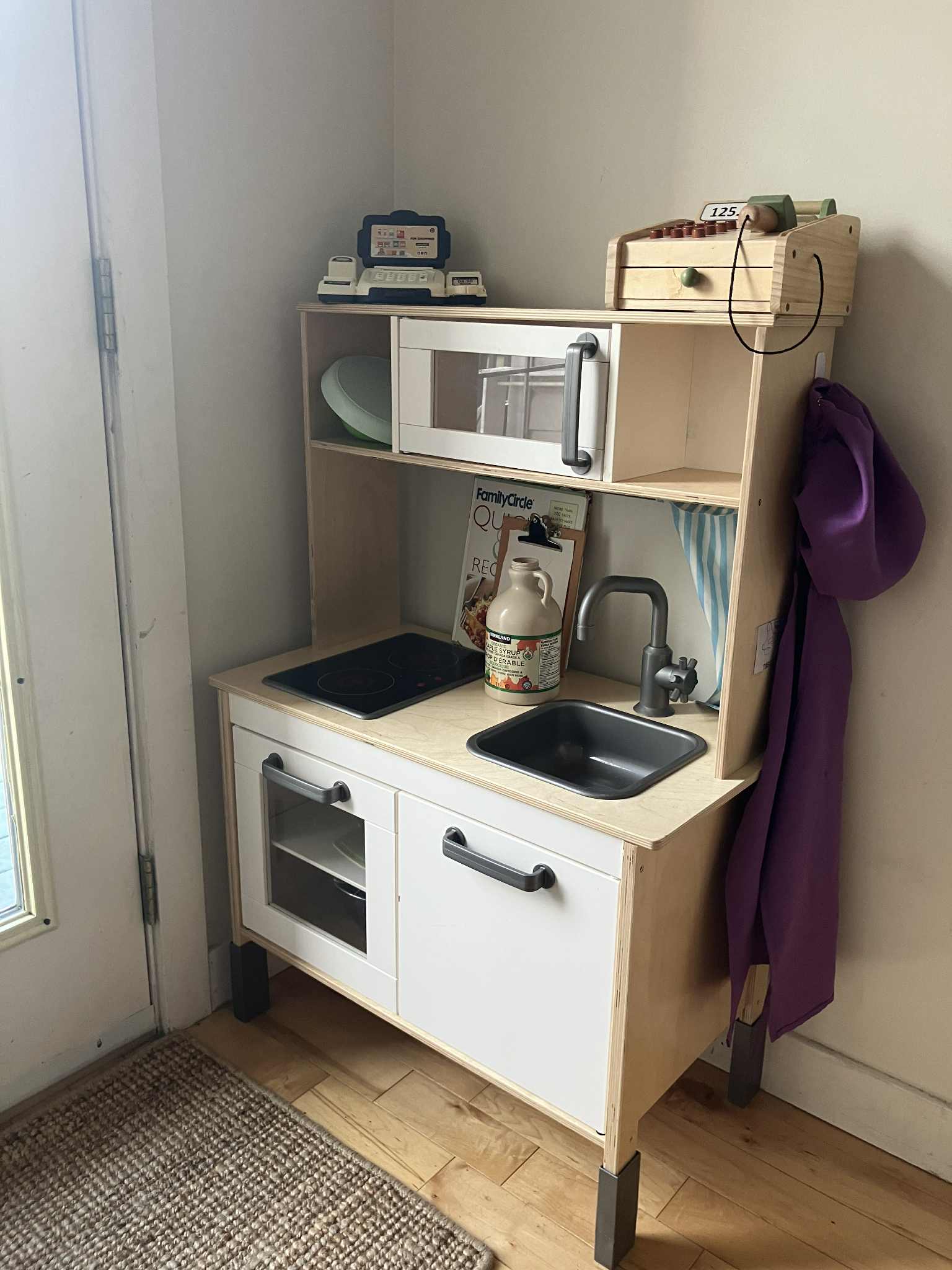
Sub Heading
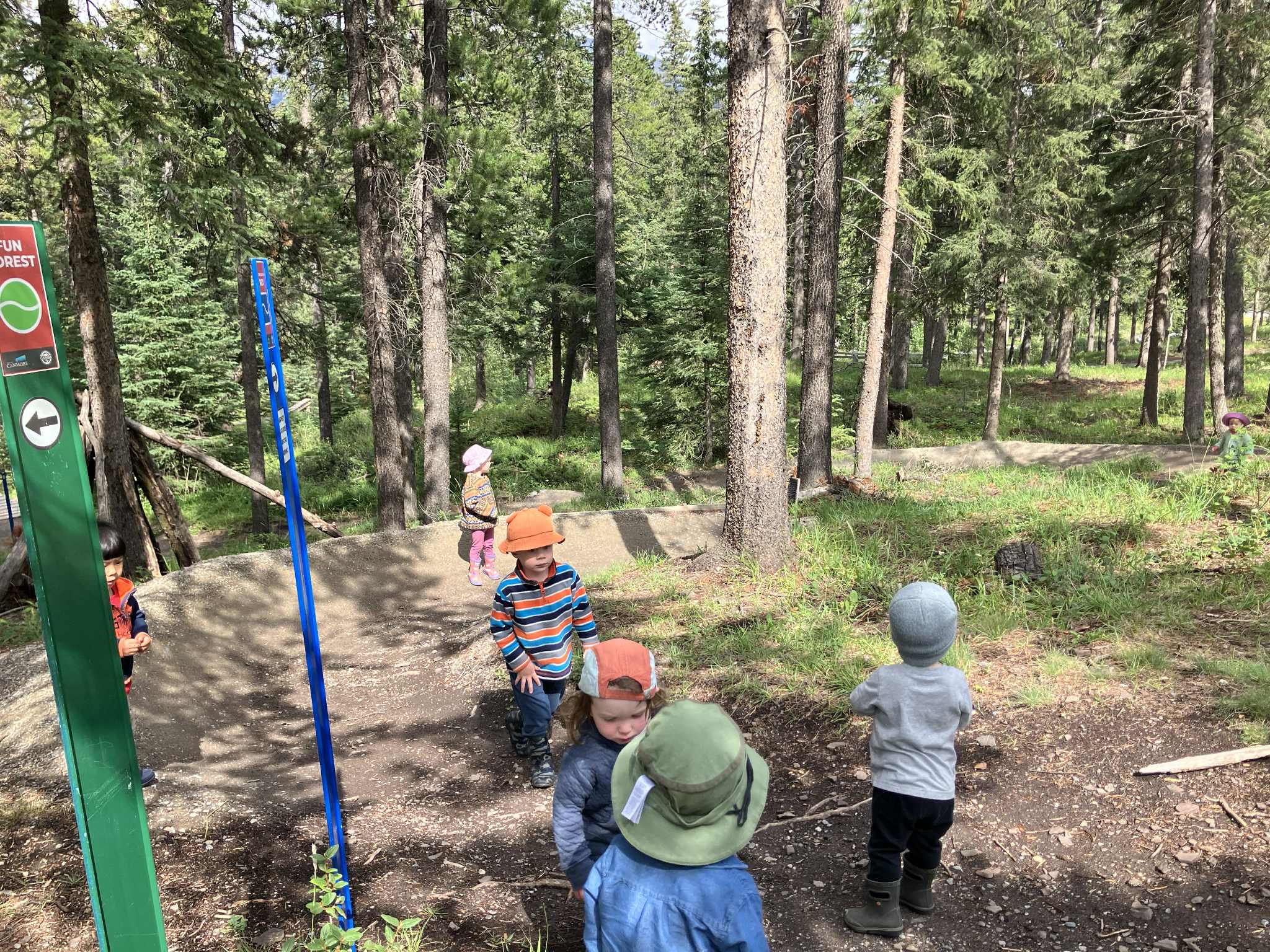
Sub Heading
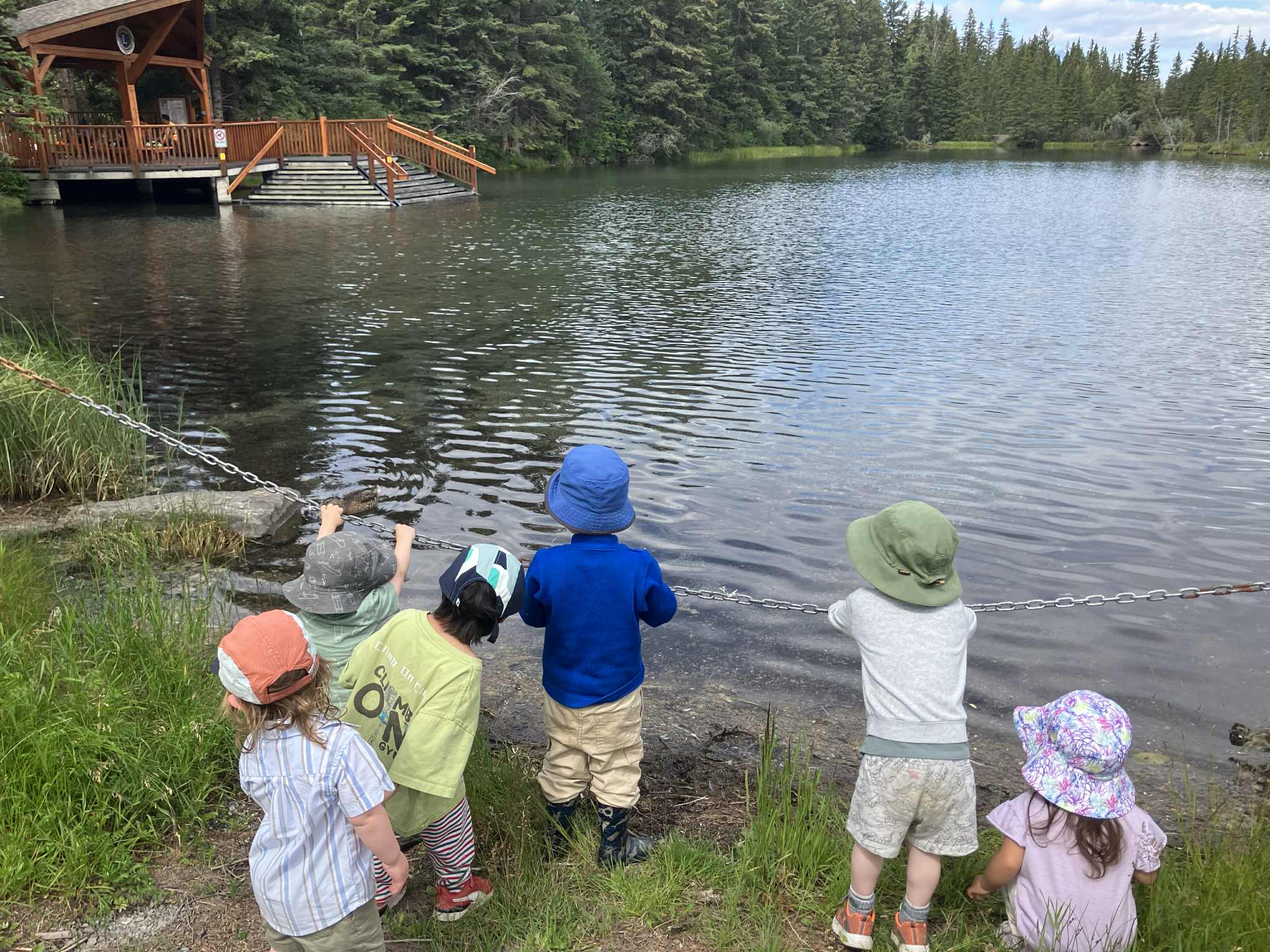
Sub Heading
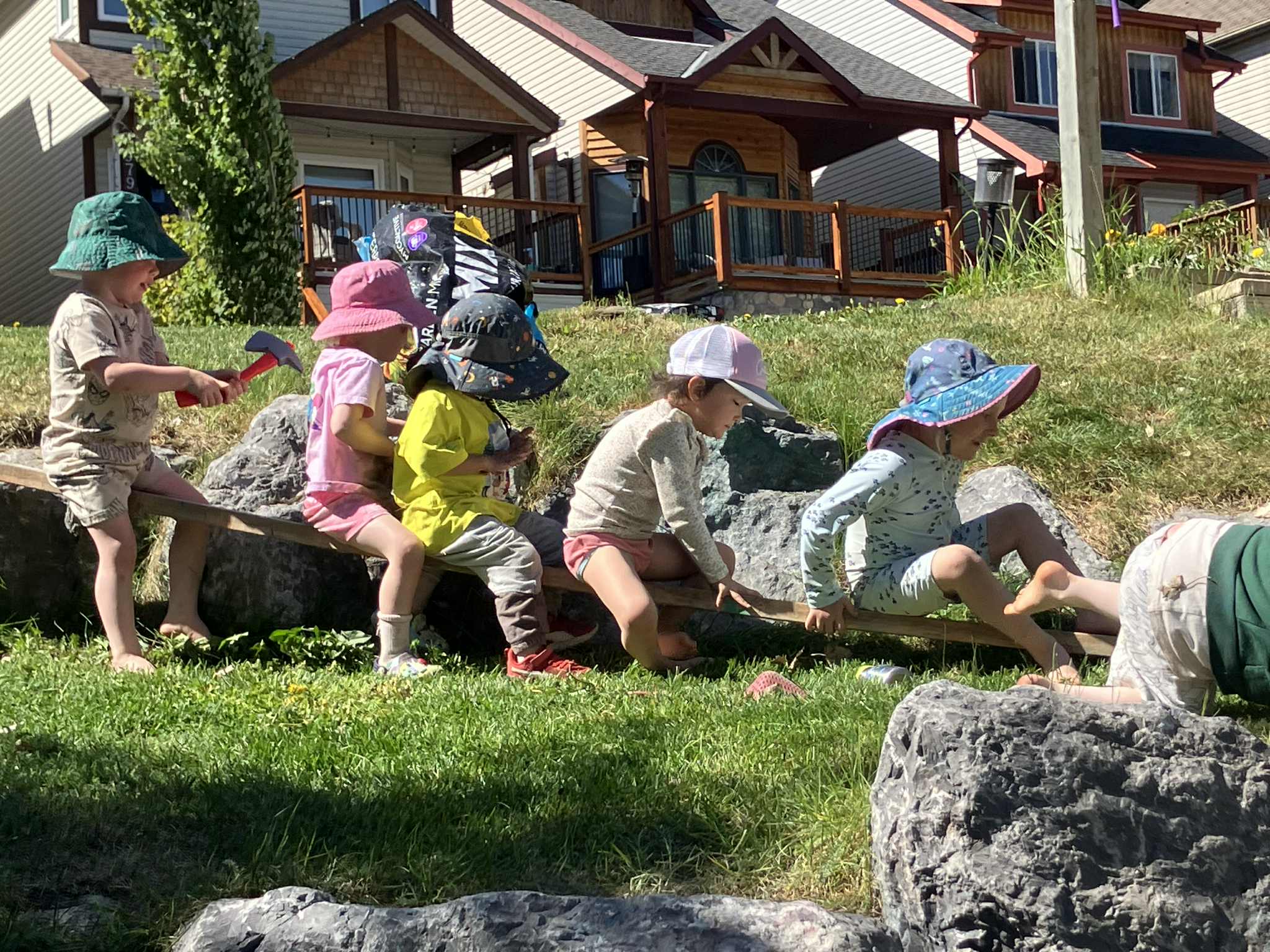
Sub Heading
Exemption for outdoor yard
The centre has an exemption for not having a yard that is completely fenced in. You may consult the document by clicking on the button below.
Service Manager
Geneviève Poulin
Service Manager for Les Petits Lutins
petitslutins@fpfa.ab.ca
Hello!
I am happy to be joining the FPFA’s Horizon network. I have been running a family daycare for over 24 years and am in the process of completing my Diploma in Early Childhood Education. I wholeheartedly believe that children thrive when educators, families, and communities work closely together. Parents and the people closest to the child are essential partners in their journey. I strive to include them meaningfully in all aspects of our program in order to support each child, as a capable learner and citizen, in reaching their full potential.
Communication:
Open, transparent, and culturally sensitive communication is the foundation of successful collaboration. I see myself both as an educator and a co-learner, growing and evolving alongside the children. We are all part of the same team, working together in the best interest of the children entrusted to us.
Learning:
My approach is rooted in the image of the child as a capable learner and citizen. I draw inspiration from the FLIGHT program, various readings and professional training, as well as discussions with parents and children. Naturally curious and capable of guiding their own learning, children are supported by an environment where they can flourish meaningfully, surrounded by caring relationships and appropriate resources.
I support children through play and real-life experiences, encouraging exploration, creativity, critical thinking, and problem-solving. Together, we live our daily lives hands-on, actively interacting with our environment. We continuously take advantage of opportunities and surprises as they arise. In this sense, I provide a safe, caring, and dynamic learning environment where children can take risks, make mistakes, reflect, and grow—becoming confident and resilient individuals.
The principles of capable learners and citizens are at the heart of my daily practice. Children of all ages are competent participants in decisions that affect them. I continually witness their resilience, strength, and ingenuity. I nurture their independence, encourage them to make positive choices, and strengthen their sense of belonging—both within our group and in the wider community.
Programming:
In designing a rich, inclusive, and stimulating program, I focus on the holistic development of each child, drawing on the S.P.L.I.C.E.S. framework (Social, Physical, Language, Intellectual, Creative, Emotional, and Spiritual). I intentionally design activities and opportunities suited to their developmental stage, while incorporating elements that challenge and inspire them to continue learning.
We spend several hours outdoors each day and love “going on adventures” to discover our environment and community. We are active in keeping our neighborhood welcoming for all, learning to live with and learn from the plants and animals around us, and experiencing life fully and safely.
We love going on hikes and taking the “Roam Bus” on our outings to Elevation Place, the Canmore Rec Centre, Main Street, Artsplace, the grocery store, cafés, playgrounds, galleries, and more.
Play Space:
I believe in the power of a clean, thoughtfully designed environment that sparks imagination, fosters creativity, and supports aesthetic sensitivity. In my practice, “less is more.” I continuously observe and respond to children’s interests by providing everyday materials and experiences that encourage exploration, discovery, and self-expression.
Flexibility and inclusivity are essential in my practice. I prioritize social interaction, free play, and child-led learning in bright, simple, welcoming, multifunctional, and well-organized spaces.
I look forward to meeting you!
Annual Calendar
Service Contract
Last Updated: August 2025
Snacks
The parent may choose to either provide their child’s snacks and meals (snacks and meals must not contain nuts or peanuts) or pay an additional fee for the day home to provide 2 snacks and lunch.
Snacks will be taken in the morning and in the afternoon. Lunch will be served around noon. Snack suggestions will be provided throughout the year.
It is possible to bring birthday cakes and prepared dishes during special events or celebrations on the condition that the list of ingredients is provided. Parents are responsible for warning the educator if their child has a special diet, an allergy, or a dietary restriction so that special precautions may be taken.
The day home is a nut-free and peanut-free zone.
Rest and Naps
Naps are part of the daily routine for children 0 to 5 years old. In order to respect the natural rhythm of the child and their needs, if the child falls asleep during the relaxation period, the service’s manager will let the child sleep.
This moment of rest allows the child’s brain to transfer new information learned into the region of the brain responsible for long term memory. It has been proven that children who take a nap after a new learning activity retain new knowledge better. Naps also have positive effects on the child’s mood. They reduce the frequency of tantrums, anxiety, and hyperactivity. Finally, naps are beneficial for health in general by reducing infections. In fact, a growth hormone is secreted during certain sleep phases. This increases immune system activity, among other things.
Children who do not fall asleep will have a relaxation period of at least 30 minutes. Following this rest period, the child will have access to various quiet games that respond to the child’s interests until the end of the rest period.
Rest schedule:
- The rest period normally starts around 1pm and generally ends around 2:30pm, according to the sleep needs of the children.
- The child wakes up at their own pace, in a progressive manner, and has access to various quiet games until the end of the rest
Cleaning:
- Items will be washed at the centre every week.
Child's Development Screening Tool
Twice per year, the centre educators use a developmental observation grid in order to identify the strengths and challenges of the child. These grids are based on the age of the children and essentially aim to provide a structured observation tool to give early childhood educators guidance to better orient intervention strategies that favour the development of the child. During planning, educators take into consideration the challenges of each child to put in place workshops that are adapted to their needs.
The Program
- That children can learn to communicate in the French language and be supported in their growth and emotional, social, creative, cognitive, and physical development in an environment that favours active learning, autonomy, freedom, and the senses of responsibility and order.
- That the children’s growth happens in strict collaboration with the parents and the educational staff. The centre favours learning and the children’s global development in an inclusive and multicultural environment.
- That parents are the primary educators of their child. They have a responsibility to work in collaboration with the dayhome staff for the well-being of their child. By being part of the FPFA’s agency, the program aims to offer a quality service to francophone families in Alberta.
Pedagogical Framework
The educational program followed in our dayhome is that of Alberta, “FLIGHT: Alberta’s Early Learning and Care Framework”. An adequate environment is an essential element to the well-being of the child. This favours autonomy, the sens of initiative all while significantly diminishing interventions. It must be welcoming, clean, safe, well-ventilated, at a comfortable temperature, calm (moderate noise), well lit (natural light contributing to the development of the child’s biological clock) and spacious. Furthermore, the spaces must be functional and adapted to the age of each child, organised in such a way as to create a familial, convivial, stimulating, and warm atmosphere facilitating routines and transitions.
Planning Activities
In terms of pedagogy, we encourage the children’s learning experiences by ensuring flexible routines by offering open, engaging, and reactive environments where exploration and play are encouraged via suggested activities that are based on a predetermined educational intention. The environment is composed of different learning zones with the goal of provoking and sustaining the children’s interest in order to respond to their needs. It is adapted throughout the evolution of the children and reflects the different cultures and heritage of our francophone community, the languages and histories of the group’s families. We suggest activities in different formats to optimise learning such as activities in small or large groups, collaboration with peers or workshops and free play. We recognize the importance of offering long period of uninterrupted activity to favour their creativity, their intellectual curiosity and to allow them to surpass their own limits. Our activity planning process is based on the observation of the needs and interests of the children.
Physical and Outdoor Activities
Physical activity is an integral part of the child’s needs. In this sense, we offer play periods outside each day, as weather permits. (Please refer to the exterior temperature policy below) During gentler seasons, we prioritise outdoor activities as much as possible. The outside environment is a continuance of the program, therefore, proposed activities such as free play periods are offered and are appropriate for the age group. The programming sheet encourages staff to plan significant physical activities. We value outdoor activities such as spending time outside, making a garden and inventing imaginary worlds in nature through play. In Alberta, we may seize opportunities to discover the unique traits of each season and the changes in temperature and the light of day at different times. Valuing environmental durability is acquired through the transmission of a respect for nature and living beings, based on learning, observation, intervention and environmental concern, on land, in water, and in the air.
Parental Engagement
As the parent is their child’s primary educator, their engagement and involvement are an integral part of our values and our educational vision. Parents who wish it are always welcome in the service to accompany or lead activities. Certain activites that request the participation of parents are organised throughout the year (ex. excursions, special activities, celebrations, performances, featured parent, cooking activity, etc.) We also believe that parental engagement goes beyond in-class participation and our mission is to ensure that our families always feel included within our educational services. In order to offer parents opportunities to deepen their knowledge, informative workshops are offered several times per year. The various workshops will be shared throughout the year via the monthly newsletter and on the Agency’s website.
Subsidies for Families
The Government of Alberta offers subsidies for families to reduce childcare costs.
For children enrolled in a daycare program, the Affordability Grant is applied automatically.
For children enrolled in an out-of-school program, families can apply for the Child Care Subsidy. For more information, please see our subsidies page by clicking the button below:
General Fees
Registration fee
A payment of $60 (non-reimbursable) for opening the child’s file will be withdrawn with the first bill.
Safety Deposit
A payment of $200 (preschool and school) will be required during the child’s registration. This amount will appear on the first bill. This amount is reimbursable when the child leaves the centre if the parent respects the 30 days’ written notice and the account is balanced. In case of refusal to pay, the file will be sent to a collections agency.
NSF Fee
For each payment with insufficient funds, a fine of $50/day will be added to the family’s account and must be paid in the time provided.
Late Payment Fee
For each late payment, a fine of $45/week will be added to the family’s account and must be paid in the time provided.
Late Fee for Parents Arriving After Opening Hours
When the parent is late and arrives to pick up their child after the centre is closed, a fee of 5$/minute late per child is applied. The centre manager will inform the FPFA. The FPFA will add the late fees to the following month’s invoice.
Monthly Fees
0 to 5 years old – Full days
Alberta is committed to making childcare services more affordable by reducing fees for parents.
This is why, via the federal-provincial childcare agreement, the Province finances childcare services up to more than 70%.
The fees below include the fees reduction from the government.
| TYPE OF REGISTRATION | SUBSIDIZED MONTHLY FEE (Portion payable by the parent) |
| Full-time registration (Registered for 4 or 5 days/week) |
$326.25 |
|
Part-time registration |
$230.00 |
|
On-demand service* *The on-demand service is not subsidized by the government. |
$50 per day (includes 2 snacks and a meal) |
|
Justifiable additional fees* *The government authorizes services to charge fees to parents for certain additional services offered. |
2 snacks and a meal per day $100 per month (4 days/week) $75 per month (3 days/week) $50 per month (2 days/week) |
If you are interested in registering your child, the next step is to fill out our form to share your interest with us and an agent of the FPFA will contact you ASAP!
If you would like more information, please contact us directly:
780-468-6934 | inscription@fpfa.ab.ca
Subscribe to the FPFA newsletter


